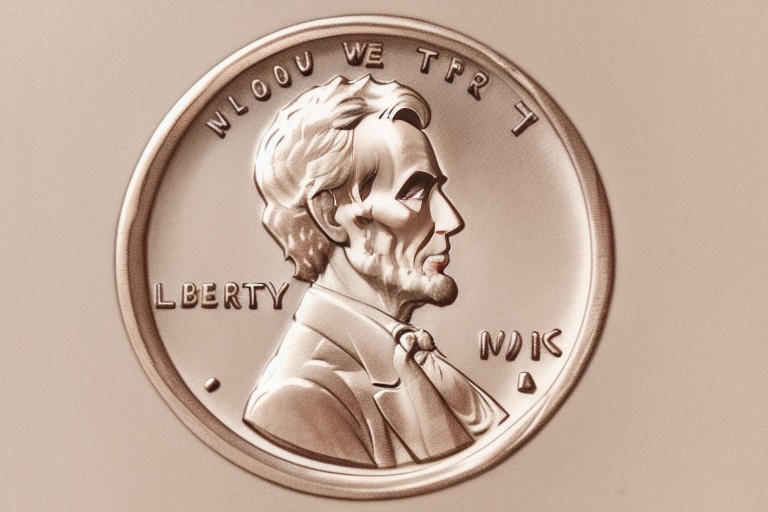Welcome to our coin collecting and coin valuation blog, where we delve into the world of rare coins and discuss their potential as long-term investments. Today, we're going to explore the multi-faceted nature of rare coins and provide guidance for collectors and investors alike. From understanding the market to making informed decisions, we've covered the essentials of coin collecting to help deepen your knowledge and enhance your portfolio.
Welcome to our coin collecting and coin valuation blog, where we delve into the world of rare coins and discuss their potential as long-term investments. Today, we're going to explore the multi-faceted nature of rare coins and provide guidance for collectors and investors alike. From understanding the market to making informed decisions, we've covered the essentials of coin collecting to help deepen your knowledge and enhance your portfolio.
Understanding Rare Coin Investing
Rare coins possess qualities that can make them lucrative long-term investments, offering a level of diversification separate from traditional stocks and bonds. The market value of collectible coins is primarily influenced by factors such as condition, rarity, and historical significance, rather than typical market fluctuations.
Advantages of Rare Coin Investment
Diversification is one of the most compelling advantages of rare coin investment. By including collectible coins in your portfolio, you introduce assets that are often insulated from the volatility of traditional financial markets, potentially providing stability when other assets underperform. Unlike more rapid-moving investments, rare coins generally require a long-term perspective, with value appreciating over many years, subject to collective interest and rarity.
Conducting Research and Seeking Guidance
Effective investing in rare coins demands thorough research. Familiarize yourself with coin values, historical performance, and market trends. Seek guidance from experienced collectors—mentors who have navigated the coin collecting landscape. Additionally, resources such as coin shows, relevant literature, and membership in organizations like the American Numismatic Association can provide a wealth of knowledge and expert insights.
Building a Balanced Portfolio
A well-structured coin portfolio mirrors the diversity principle in traditional investing. It should include a mix of coin types, each with individual characteristics that contribute to the overall portfolio's potential. Consider U.S. coins, gold bullion, and classic rarities like the Double Eagle gold coin. It’s crucial to balance your coin investments to reflect both conservative and potentially higher-gain pieces.
The Dangers of Short-Term Strategies and Market Bubbles
While the lure of quick profits can be tempting, strategies such as coin flipping—buying and rapidly selling limited mintage coins for a profit—present substantial risk. Market oversaturation and timing misjudgments can lead to loss rather than gain. Moreover, speculative bubbles can form in the coin market, inflating prices unsustainably. It's essential to recognize these risks and avoid impulsive investment decisions prompted by temporary market fervor.
The Nuances of Coin Value
The value of any given coin is subject to a series of subtle differences that affect its worth. Coins that may appear similar at a glance can have vastly different values based on their condition, provenance, and other nuanced characteristics.
Numismatics: The Study and Collection of Coins
Numismatology comprises hobbyists, scholars, and businesspeople whose collective efforts contribute to a deep understanding of coin collecting. The American Numismatic Association plays a significant role in educating and fostering a community for collectors. It offers an array of resources to bolster one's expertise, from numismatic publications to educational seminars.
Market Volatility and Avoiding Counterfeits
Investing in rare coins is not without risks, as market demands and trends can cause price fluctuations. Counterfeits and altered coins also pose threats to investors. It's imperative to purchase coins from reputable sources and prioritize those evaluated by recognized grading services like PCGS or NGC to ensure authenticity.
Certified Authenticity for Peace of Mind
Buying coins authenticated by professional grading services helps mitigate the risk of investing in counterfeit or misrepresented items. These services grade coins based on a set of standardized factors, providing an independent assessment that enhances buyer confidence and the coin's potential resale value.
Conclusion: Entering the World of Coin Investing
As an interesting hobby with long-term investment benefits, coin collecting requires meticulous attention to detail, patience, and knowledge. The market offers both opportunities and potential pitfalls, making education and discernment vital components of any collector or investor’s approach. By adhering to best practices and staying aware of industry standards, collectors and investors can navigate the rare coin market with confidence and success.
To continue enriching your understanding of coins and their intrinsic and monetary value, make sure to follow our upcoming blog articles. We commit to keeping you informed, engaged, and on the path to becoming a savvy participant in the rare-coin market.
Information for this article was gathered from the following source.




